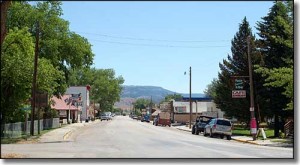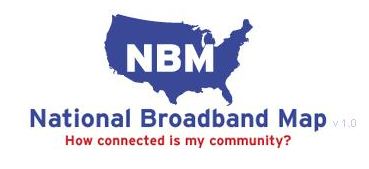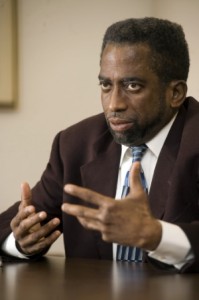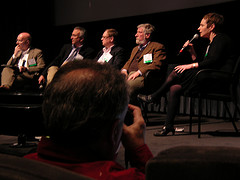The President hopes an increase in Internet access will result in more economic development. Fiber networks would do that better than mobile broadband
The residents of Ten Sleep, Wyo., know the meaning of rural. They didn’t have phone service until the 1950s, when Tri-County Telephone Assn., a municipal cooperative, used federal subsidies to string copper wire to every home. In 2005 the co-op upgraded to fiber-optic cable, giving the town’s 300 residents Internet access at 20 megabits per second. For the technically unfamiliar, Chris Davidson, Tri-County Telephone’s general manager, describes this as “smoking fast.”
Even President Barack Obama is impressed. On Feb. 10 he rolled out a national wireless plan, pointing to Ten Sleep as an example of what he wants to replicate nationally: Because of the town’s high-speed fiber network, one company has been able to hire locals to teach English to Asians by video chat over the network. Obama hopes his plan will result in more such economic development by providing 98 percent of Americans with access to high-speed wireless Internet. “Ten Sleep,” Obama mused. “I love the name of that town.”










